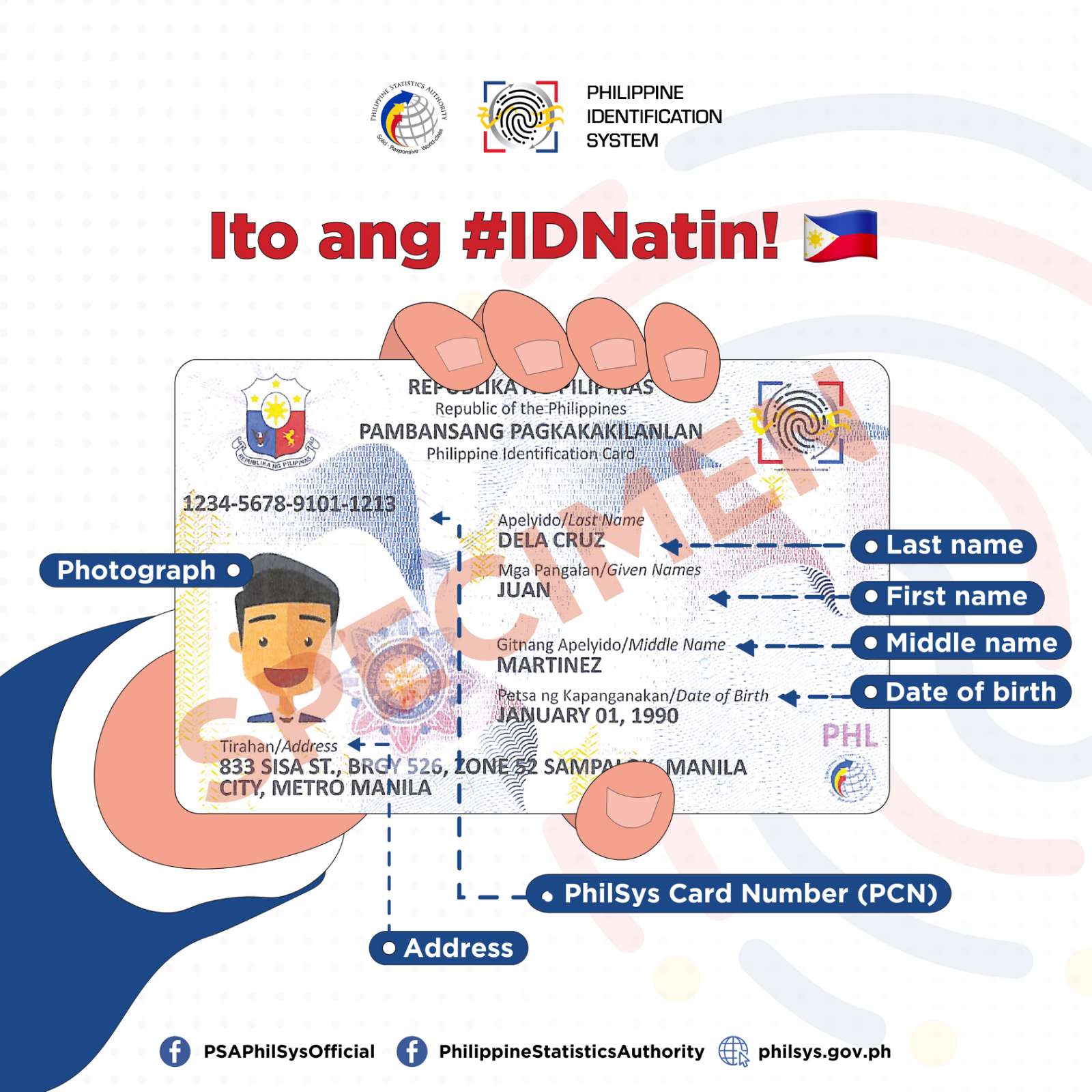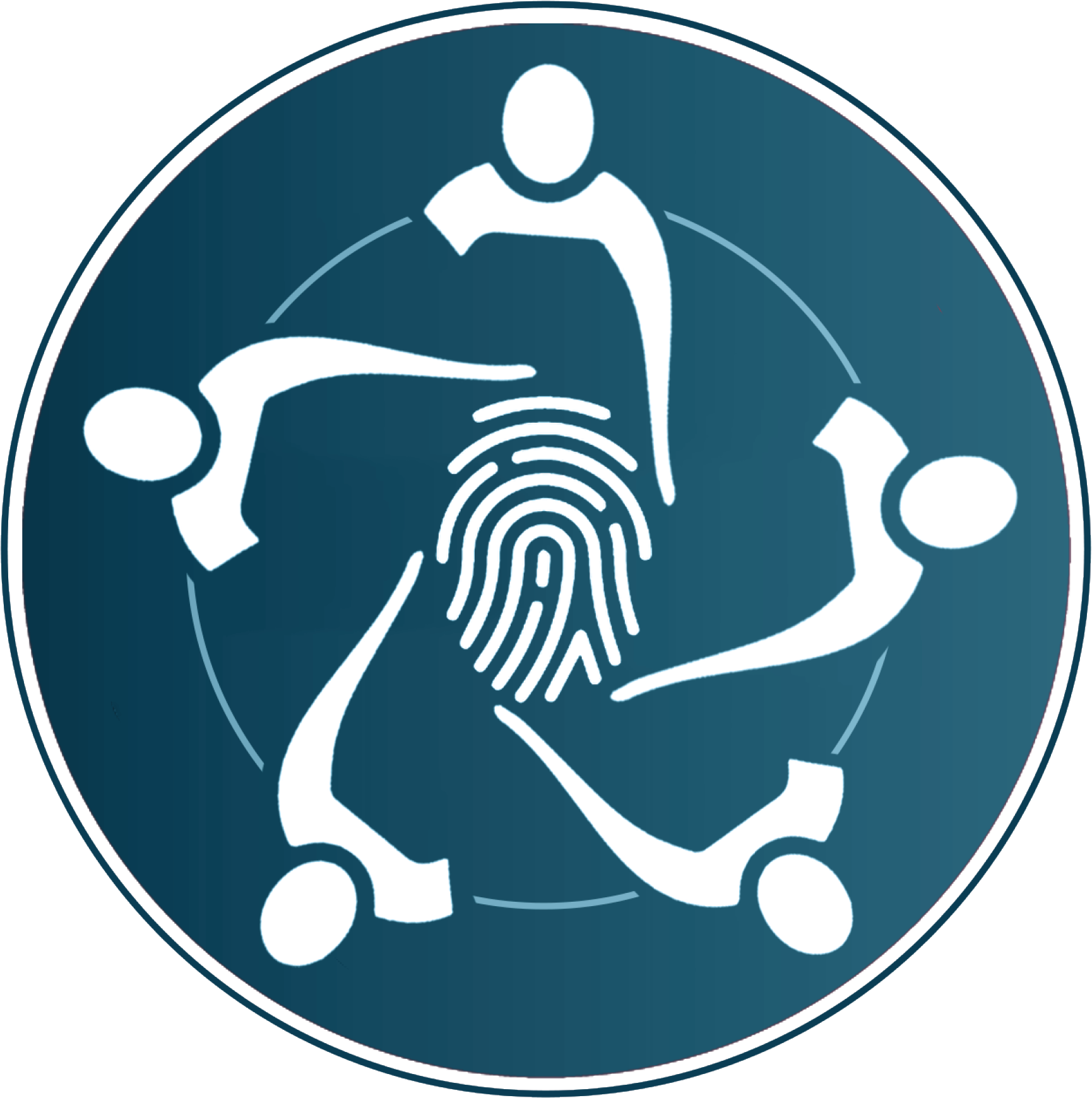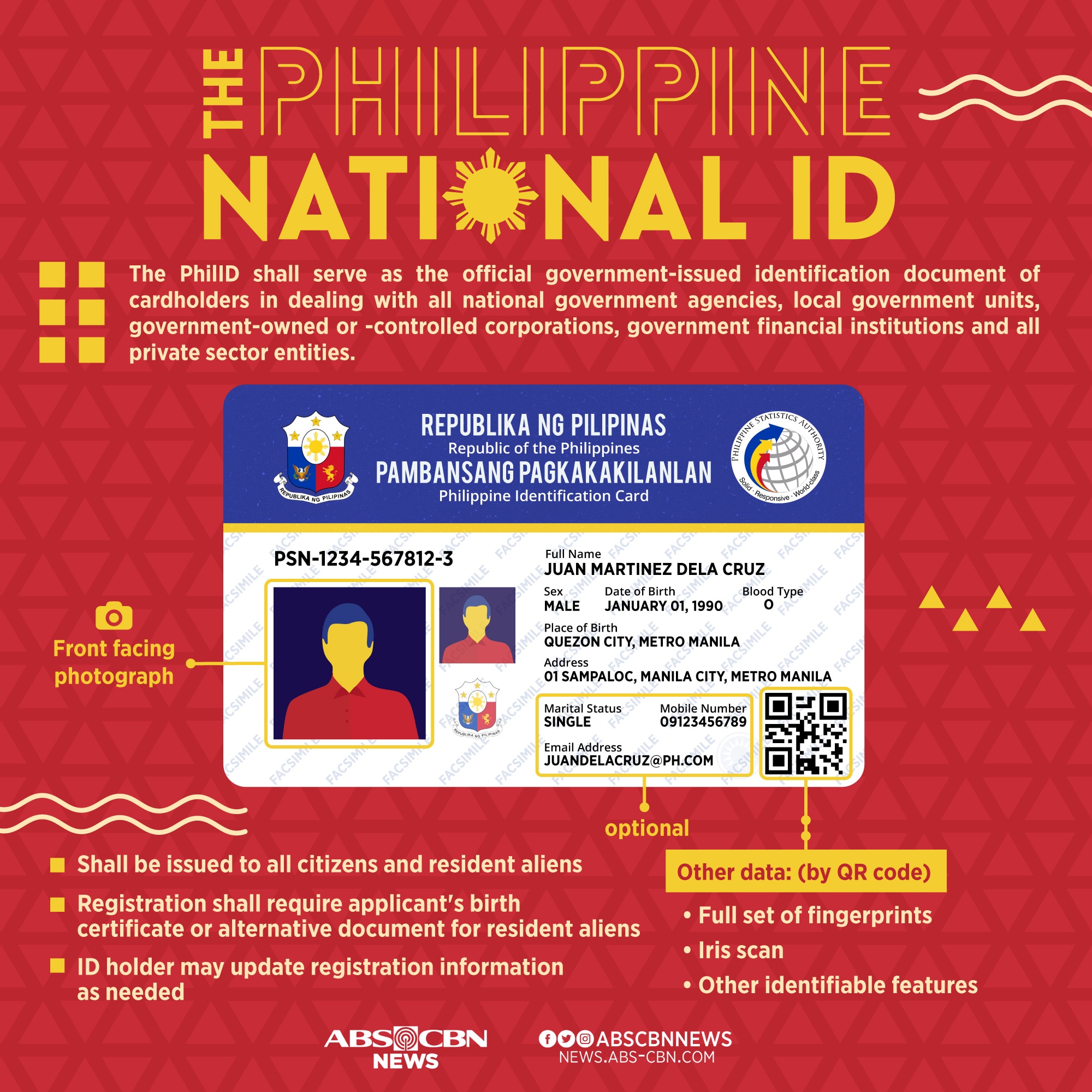What Is The National ID? Your Ultimate Guide To Understanding And Using It
So here's the deal, let me just cut straight to the chase. National ID is more than just a piece of plastic or a number you carry around. It's like your digital fingerprint in today's world, a key that unlocks doors to essential services, rights, and even convenience in your daily life. Think about it—it's not just some random card; it's your ticket to proving who you are in an increasingly connected society. Without it, things can get a little tricky, and that's why understanding what it does and how it works is super important.
Now, if you're scratching your head wondering why you need one or how it impacts your life, you're not alone. Many people are still figuring out the ins and outs of national IDs. In this article, we're going to break it down for you, step by step, so you can fully grasp its significance and how it affects your everyday life. Whether you're applying for one, renewing it, or just curious about how it works, this guide has got you covered.
Let's face it, in today's world, having a national ID isn't just optional—it's essential. From opening bank accounts to traveling, voting, and even accessing healthcare, your national ID is the backbone of your identity. So, buckle up because we're about to dive deep into what it is, why it matters, and how you can make the most of it without getting overwhelmed. Trust me, by the end of this, you'll be a national ID pro!
Table of Contents
Different Types of National IDs
Benefits of Having a National ID
Biography of Key Figures in National ID Development
How to Apply for a National ID
Security Concerns with National IDs
What is the National ID?
Alright, let's start with the basics. A national ID is essentially a government-issued identification document that verifies your identity within a country. It's like your personal key to accessing all sorts of services, from healthcare to education, voting, and even financial transactions. In most cases, it's a card, but in some countries, it could be a digital ID stored on your phone or a chip embedded in your card.
Think of it as your personal barcode. It carries crucial information about you, like your name, date of birth, address, and sometimes even biometric data like fingerprints or facial recognition. This makes it super secure and almost impossible to fake. Without it, navigating modern life can feel like trying to solve a Rubik's cube blindfolded—super challenging!
Why Do We Need a National ID?
Here's the thing—national IDs weren't created just for fun. They serve a serious purpose. For governments, it's a way to keep track of their citizens, ensure everyone has access to essential services, and combat identity fraud. For you, it simplifies life by consolidating all your important info into one place. No more carrying around a bunch of papers or cards—your national ID has got you covered.
The History of National IDs
Ever wondered where the idea of national IDs came from? Well, it's not a new concept. The origins of national IDs date back to ancient civilizations, where governments used some form of identification to keep tabs on their citizens. But the modern version we know today really took shape in the 20th century, especially after World War II.
In the 1940s and 50s, many countries started implementing national ID systems as a way to manage population growth, improve governance, and ensure social welfare. Fast forward to today, and you've got countries like Estonia leading the way with digital IDs, while others still rely on traditional cards. It's a fascinating evolution that continues to shape how we identify ourselves in the digital age.
Different Types of National IDs
Not all national IDs are created equal. Different countries have different systems, and they can vary widely in terms of format, features, and functionality. Here's a quick breakdown:
- Physical Cards: The most common type, usually made of plastic with holograms and security features to prevent forgery.
- Digital IDs: Stored on smartphones or other devices, these are becoming increasingly popular, especially in tech-savvy countries.
- Chip-Based IDs: These contain a microchip that stores your information securely and can be read by special devices.
- Biometric IDs: Incorporate biometric data like fingerprints or facial recognition for added security.
Each type has its pros and cons, and the one you use depends on where you live and what your government offers. But hey, technology is evolving fast, so who knows what the future holds?
Benefits of Having a National ID
Let's talk about why having a national ID is such a big deal. Sure, it might seem like just another document to carry around, but the benefits are real and impactful:
- Access to Services: From healthcare to education, your national ID opens doors to essential services you need in daily life.
- Financial Inclusion: It's your ticket to opening bank accounts, applying for loans, and accessing financial services.
- Legal Identity: Proves your citizenship and protects your rights as a member of society.
- Security: With features like biometrics, national IDs are hard to fake, keeping your identity safe.
Plus, in today's digital world, having a secure ID is more important than ever. It's like carrying your own personal cybersecurity shield.
Biography of Key Figures in National ID Development
Behind every great system, there's a team of brilliant minds working hard to make it happen. Let's take a look at some of the key figures who've played a role in developing national ID systems around the world.
| Name | Country | Contribution |
|---|---|---|
| Dr. John Smith | USA | Helped pioneer the use of biometric data in ID systems. |
| Dr. Maria Lopez | Mexico | Developed one of the first digital ID systems in Latin America. |
| Prof. Ahmed Ali | Egypt | Worked on integrating national IDs with healthcare systems. |
These individuals have dedicated their careers to making national ID systems more secure, efficient, and accessible for everyone.
How to Apply for a National ID
So, you've decided to get a national ID. Great choice! But where do you start? Here's a step-by-step guide:
- Gather Documents: You'll need proof of citizenship, like a birth certificate or passport.
- Visit the Office: Head to your local government office responsible for issuing IDs.
- Fill Out Forms: Complete the application form and provide your biometric data if required.
- Pay the Fee: Most countries charge a small fee for issuing a national ID.
- Wait for Your ID: Depending on the country, it could take a few days to a few weeks to receive your ID.
It's not rocket science, but paying attention to the details can save you a lot of hassle later on.
Common Mistakes to Avoid
Now, let's talk about some common mistakes people make when dealing with national IDs:
- Forgetting to Renew: Many IDs expire after a certain period, so keep track of the renewal date.
- Not Reporting Loss: If your ID gets lost or stolen, report it immediately to prevent identity theft.
- Not Updating Info: If you move or change your name, make sure to update your ID info accordingly.
These might seem like small things, but they can cause big headaches if you're not careful.
Security Concerns with National IDs
With great power comes great responsibility, and that applies to national IDs too. While they're designed to be secure, there are still some concerns:
Data breaches can happen, and if someone gets ahold of your ID info, it could lead to identity theft. That's why it's crucial to protect your ID like you would any other valuable item. Keep it in a safe place, don't share your info unnecessarily, and be cautious when using digital IDs on public networks.
The Future of National IDs
Looking ahead, the future of national IDs is exciting. With advancements in technology, we're likely to see even more secure and convenient systems. Imagine a world where your ID is fully digital, stored securely in the cloud, and accessible from anywhere. It's not science fiction—it's the future!
Plus, as more countries adopt biometric and blockchain technologies, national IDs will become even harder to fake and easier to use. The possibilities are endless, and the benefits to society could be huge.
Wrapping It Up
So there you have it, folks. National IDs might seem like just another piece of paper or plastic, but they're so much more than that. They're your key to accessing essential services, proving your identity, and navigating life in today's world. Whether you're applying for one, renewing it, or just learning about it, understanding what it is and how it works is crucial.
Now, here's the thing—I want you to take action. If you don't have a national ID yet, go get one. If you do, make sure it's up to date and secure. And if you found this article helpful, don't forget to share it with your friends and family. Together, we can make sure everyone understands the importance of having a national ID in today's world. So, what are you waiting for? Get out there and make it happen!



Detail Author:
- Name : Mr. Jovany Ryan V
- Email : [email protected]
- Birthdate : 2006-07-19
- Address : 3251 Gorczany Ferry Apt. 659 North Karina, DE 93896-7644
- Phone : 765.997.2097
- Company : Feeney PLC
- Job : Telecommunications Facility Examiner
- Bio : Ut odio nisi in. Esse quaerat voluptas et cumque non delectus ipsa. Id placeat molestias eum corporis voluptatem quo reprehenderit totam.